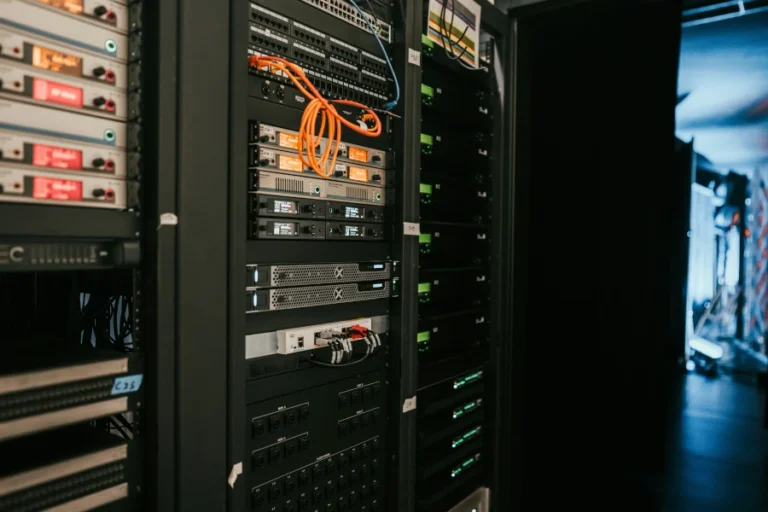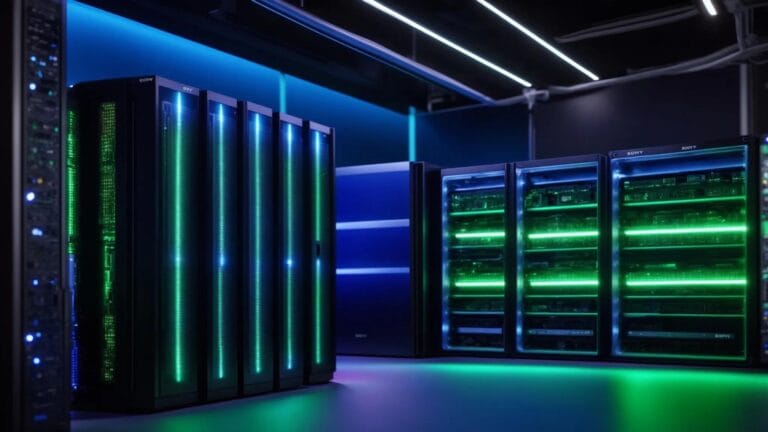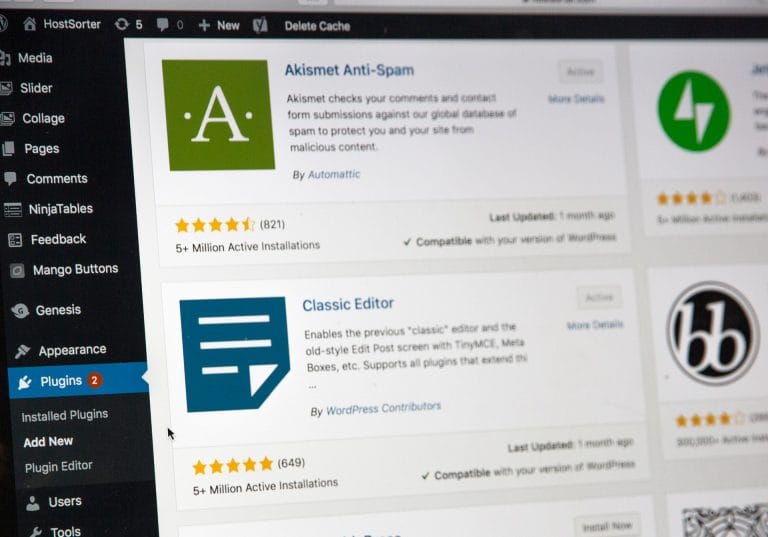Understanding the Benefits of SSDs in Cloud Infrastructure
Table Of Contents:
- The Benefits of SSDs in Cloud and Hosting
- Key Takeaways
- Durable Hardware
- Faster Data Transfer
- Frequently Asked Questions
- Conclusion
The Benefits of SSDs in Cloud and Hosting
Are slow website speeds affecting your business? This article explains the benefits of SSDs in Cloud and Hosting, focusing on durable hardware and faster data transfer. The reader will learn how reliable storage and efficient data movement improve overall performance and stability. Netnerd’s services, including quality web hosting and managed VPS, further support these advantages, ensuring your online presence remains robust and cost-effective.
Key Takeaways
- sturdy, non-moving disks deliver reliable performance in cloud hosting environments
- dependable architecture ensures efficiency and resilience for small businesses and website owners
- faster io and optimised data transfers boost operational stability for hosting services
- improved read and write times contribute to rapid data processing and balanced performance
- robust design minimises failure risks, ensuring seamless performance for managed and dedicated services
Durable Hardware
Sturdy disks with no moving parts deliver unmatched reliability for cloud hosting services and cloud web hosting. Their robust design ensures superior uptime and quick backup recovery, offering practical benefits that align well with vultr pricing and https://netnerd.com/managed-vps/, safeguarding your password safety. These SSDs lay a strong foundation for enhanced performance and improved resilience across hosting environments.
Strong and sturdy Disks
Strong and sturdy disks provide a reliable solution for modern cloud web hosting environments, ensuring a seamless performance experience backed by a trusted brand reputation. Their dependable architecture makes them an ideal tool for developers utilising PHP applications, while positive trustpilot reviews confirm their high standards in supporting secure transactions such as credit card processing. For more information, visit https://netnerd.com/managed-vps/.
The robust design of these disks minimises failure risks, aligning with the quality standards expected by small businesses and website owners. With widespread industry acceptance, these components serve as a cornerstone for cloud web hosting services, such as those offered at https://netnerd.com/managed-vps/, that value efficiency, consistency, and trusted performance metrics.
No moving parts
Disks with no moving parts offer a reliable solution that benefits managed services https://netnerd.com/managed-vps/ and api integrations, delivering consistent and quick responses in a cloud web hosting environment. The use of sata ssd technology ensures that every gigabyte of data is accessed efficiently, reducing downtime during high-demand periods.
Systems relying on this design achieve high performance, ideal for businesses that depend on robust and streamlined api operations. With secured managed services and dependable cloud performance through cloud web hosting, these solutions provide practical value to website owners seeking a dependable and efficient storage option. For more information, visit https://netnerd.com/managed-vps/.
Faster Data Transfer
Improved read and write times boost high availability in hosting services. Faster IO, guided by technologies like samsung 980 pro, empowers data centers to maintain smooth operations. Microsoft and windows 11 environments benefit from these SSDs, offering dependable performance for modern cloud hosting solutions.
Improved read and write times
Optimised read and write times are a key benefit of SSDs, ensuring a dedicated hosting service delivers rapid data processing that supports efficient website url loading and smooth cpanel management. This boost in performance simplifies handling a web hosting service, reducing delays and accommodating increased traffic demands.
Faster IO operations minimise the need for outsourcing technical tasks by streamlining data transfers and addressing user pain points; this improvement is demonstrated by benefits such as:
- Accelerated file upload and download speeds
- Reliable performance for managing a cpanel
- Enhanced operational stability for a web hosting service
- Efficient utilisation of a dedicated hosting service
- Improved response times when accessing url resources
These practical solutions directly support modern hosting environments by reducing downtime and boosting overall system efficiency.
Faster IO
Faster IO contributes significantly to superior performance in cloud hosting environments, ensuring that services like wordpress hosting plans and aws hosting operate without interruption. This efficient input/output process is supported by a reliable interface and the advanced pci express standard, leaving customers assured of a consistent price-performance balance.
Optimised data transfers resulting from faster IO provide tangible benefits for businesses that require dependable cloud resources. This technology fosters swift responses, making premium web hosting solutions more accessible and reinforcing trust in service stability.
Frequently Asked Questions
Do SSDs improve hardware durability in cloud services?
Solid State Drives significantly increase performance and reliability in cloud hosting environments due to their lack of moving parts, which reduces wear and potential failures while providing stable speed and low latency for services.
How do SSDs boost data transfer speeds in hosting?
SSDs use flash memory to swiftly access data, reducing latency and increasing read/write speeds, which in turn boosts overall website performance in web hosting services.
Can SSDs reduce downtime in cloud environments?
Solid-state drives (SSDs) reduce downtime by providing rapid data access, optimising cloud performance, and supporting uninterrupted service for web hosting and business-critical operations.
Are SSDs reliable for small business hosting?
SSDs offer robust performance and durability for small business hosting. They deliver fast data access, reduced downtime, and improved user experience for website owners and small businesses. Netnerd proudly hosts quality services with modern SSD technology.
Do SSDs deliver cost-effective performance in hosting solutions?
SSDs offer excellent performance with reliable speed improvements suited for hosting solutions. Their efficient architecture enables prompt data access that benefitted over 8000 clients, contributing to cost-effective web hosting at an affordable rate.
Conclusion
SSDs play a critical role in cloud hosting environments by ensuring reliable performance and improved uptime. Their robust design reduces failure risks and supports smooth data recovery, which benefits small businesses and website owners. Faster read and write times optimise data processing and maintain smooth operations during high-demand periods. This technology strengthens the overall efficiency and trustworthiness of modern hosting services.







